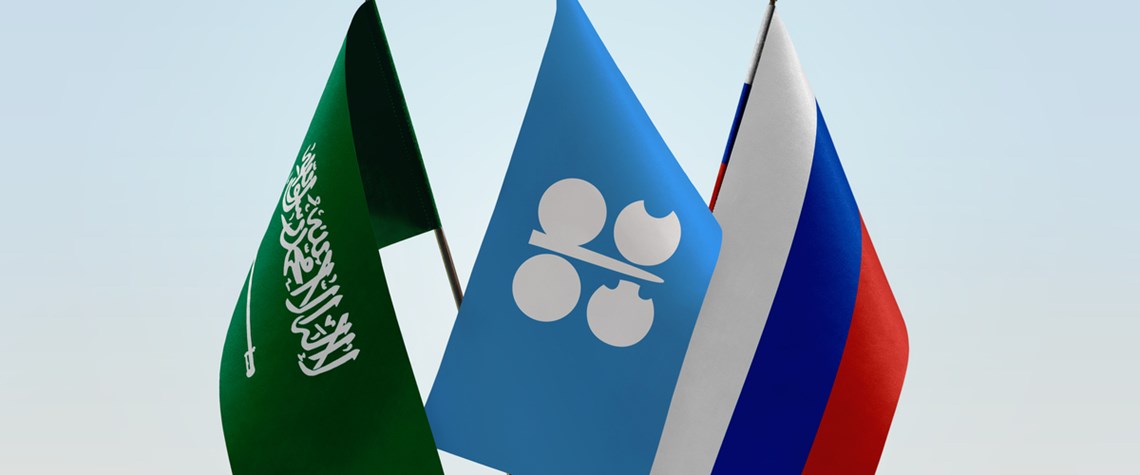Opec+ power shift points to lower crude price paradigm
If Russia can marshal allies to seize control of the producers’ group, it might respond to structural demand concerns with a volume-over-value strategy
Saudi Arabia’s five-decade run as either sole or co-leader of Opec appears to now be under serious threat from Russia in the expanded Opec+ grouping. And that could lead to a shift in emphasis to protecting the Opec+ market share, particularly given pressures on future oil demand. After a combination of revolution, war and international economic sanctions whittled away production and influence from Iran—in the 1970s and 1980s an Opec co-leader, with Riyadh leading the price doves and Tehran the hawks—Saudi Arabia enjoyed a 25-year hegemony over Opec policy. Supported by loyal Mid-East Gulf allies Kuwait and UAE, that was the status quo until 2016. But, in December 2016, Saudi Arabia admitte

Also in this section
7 May 2024
Ample stocks and a soft demand outlook will limit how much LNG Europe can import this year
3 May 2024
Upcoming elections are likely to deliver a win for the party of president Andres Lopez Obrador, but analysts differ over to what degree his successor will stick to his energy policies
2 May 2024
Faster-than-expected economic growth fails to mask macro imbalances and shifting structural oil product trends
1 May 2024
Energean CEO Mathios Rigas looks to results of critical Anchois appraisal well







